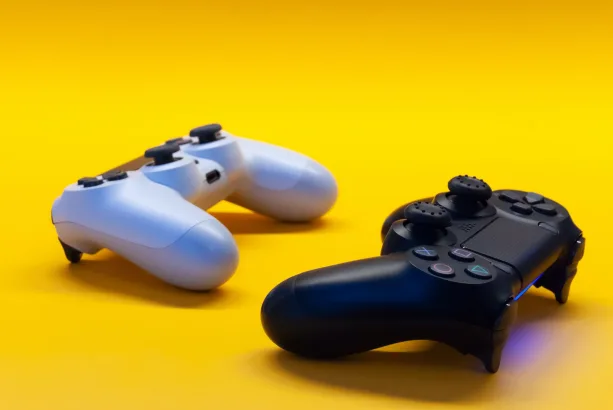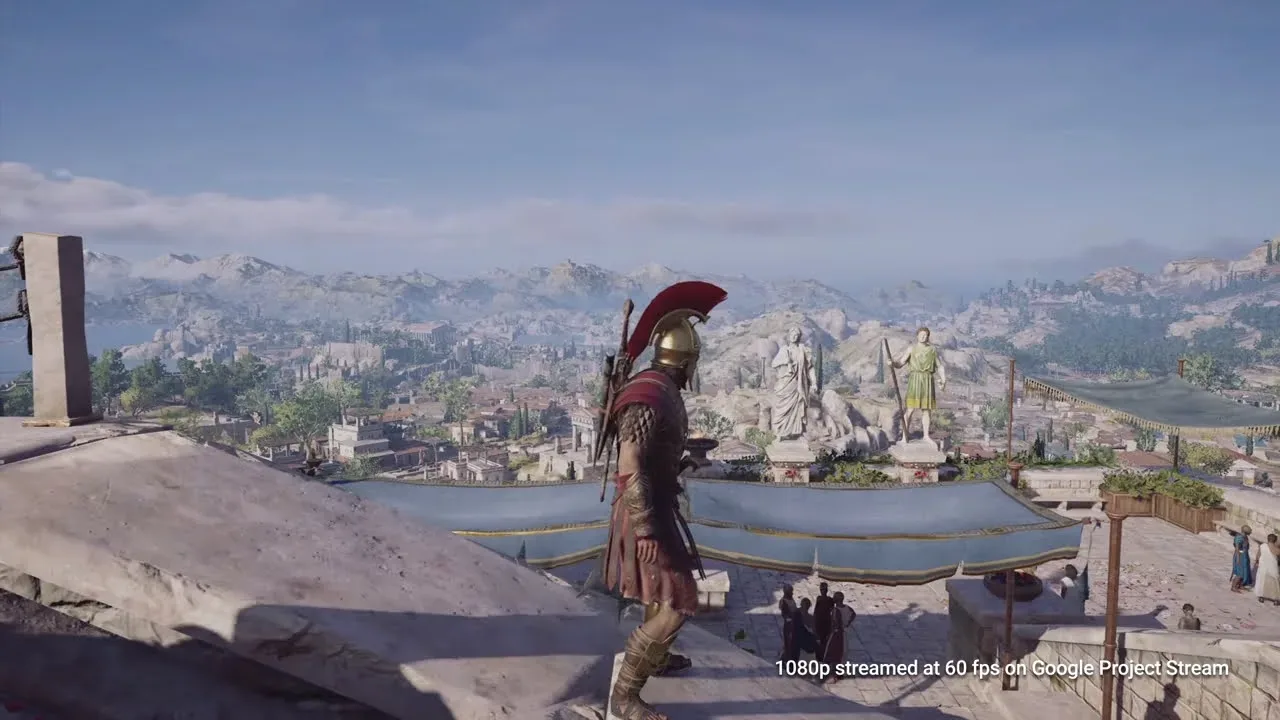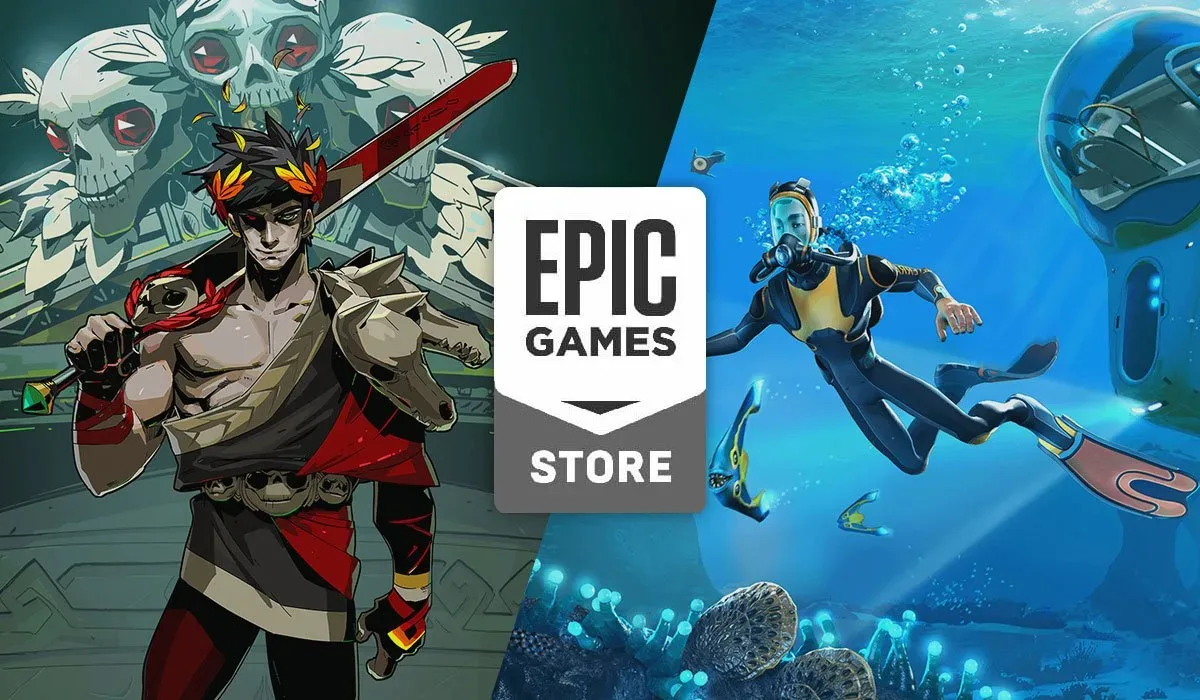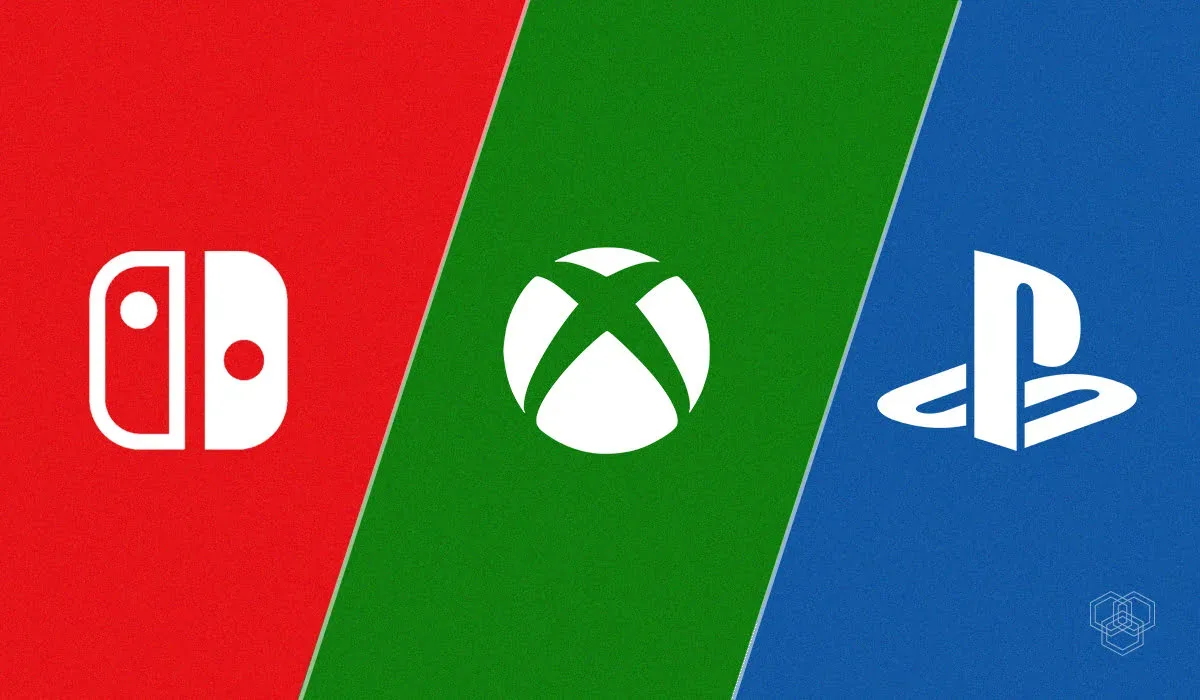Cloud gaming has been a hot topic in the gaming industry for several years, and the future of yesterday is starting to become today. Amazon recently launched its own cloud gaming service, Amazon Luna, to join Google Stadia and Microsoft’s Project xCloud.
Cloud gaming technology is in a bit of a beta phase as far as technology goes, similar to where VR headsets were a few years ago. It’s almost identical because, similar to VR, cloud gaming has many limitations, a small gaming library, and big public expectations.
It’s important to keep in mind while discussing the current state of cloud gaming technology what the future will be capable of. That’s what we’ll be trying to focus on and explore the various cloud gaming services we currently offer.
Google Stadia’s arrival didn’t meet the hype but has improved
When people talk about cloud gaming, they imagine a Steam-like service that can stream a huge library of PC games to you, no expensive hardware necessary. The entire idea behind cloud gaming is that all you need is a strong internet connection, and you can play the latest AAA titles on your old Dell laptop from 2014.
In a way, cloud gaming services can currently do that, but they’re falling behind in meeting expectations – and this may be in part to how Google hyped its own Google Stadia service.
When Google unveiled its Stadia service at the Game Developers Conference last year, they touted many fancy features. During the keynote, Google demonstrated how you could be watching gameplay content from YouTube, click a “Play Now” button, and the game will instantly launch in the Stadia service for you to play.
That feature was missing from Google Stadia’s launch, along with several other notable features. Google has a “gradual rollout” approach to its Stadia features and has significantly updated the platform throughout 2020 so that it’s much better than it was at launch, but it still faces numerous criticisms.
The Google Stadia library is relatively lacking for starters, with only around 50 game titles available for purchase. Google will increase this number to around 130 throughout the rest of the year. I italicized ‘purchase’ because that’s a key criticism of Google Stadia.
Cloud gaming technology was expected to be a Netflix-style model, where you pay a monthly subscription and then have access to a library of games. But having to pay a subscription for the service and still buy the games at full price is really asking a lot of gamers.
Google also released a “Stadia Pro” tier subscription, which gives access to a whopping one or two free games per month. So far, the current list of free titles on Stadia Pro is games you’ve likely never heard of, with the exceptions of Metro Exodus and Orcs Must Die 3.
I’m talking so much about Google Stadia because, while other cloud gaming services do exist on a much smaller scale, even before Stadia, Google was supposed to set the benchmark for the technology given that they’re, well, Google. It seemed at launch Google set the bar relatively low, but they’ve raised that bar gradually.
So with Amazon announcing their own cloud gaming service, let’s examine what Amazon Luna will offer.
Amazon Luna in the cloud gaming industry
While Amazon Luna is coming behind Google Stadia, being unveiled at Amazon’s 2020 hardware event, it seems like Amazon Luna will have the superior service, at least on paper.
For starters, Amazon says that over 100 game titles will be available on the Luna Plus channel, with AAA titles available at launches like Resident Evil 7, Panzer Dragoon, GRID, and more. Amazon has also partnered with Ubisoft for a specific “gaming channel,” which will be an optional subscription and give players access to Ubisoft titles in 4k resolution, mobile gameplay compatibility, and access to the latest Ubisoft titles at launch, including Assassins Creed Valhalla, Far Cry 6, and Fenyx Rising.
Furthermore, Amazon Luna will run on Windows servers and Nvidia GPUs in Amazon’s AWS cloud, making it much easier for developers to bring over their existing Windows games. On the other hand, Google Stadia requires their devs to port their games to Linux to run on Google’s server hardware.
What about Microsoft Project xCloud?
Microsoft has a funny relationship with the latest gaming technology, particularly VR and cloud gaming. Of course, Microsoft supports and invests in VR technology on Windows but has barely made it a priority for the upcoming Xbox Series X than Sony that is going all-in with PSVR.
Microsoft focuses on Project xCloud, but it’s difficult to determine how much they’re putting behind it. According to Microsoft vice-president of Gaming, Phil Spencer:
“I think that the cloud inevitability as part of gaming is absolutely true. But we have more computing devices around us than we’ve ever had, whether it’s your phone, a Surface Hub, or an Xbox. The world where computing devices are gone and it’s all coming from the cloud just isn’t the world that we live in today.”
This barely-passing interest from Microsoft in cloud gaming technology sort of shows, as Project xCloud currently costs $14.99 per month and can stream around 150 Xbox games only to Android devices. You’d imagine they would’ve launched it as Xbox-to-PC streaming gameplay first, but that’s still being tested.
Furthermore, Project xCloud is powered by Xbox One S hardware in Microsoft’s data centers, which makes the game loading times and graphics a bit worse than other cloud gaming services.
Conclusion
It’s difficult to determine the future of cloud gaming technology because all of the major companies with their hands in it are touting a lot of hype and features but not delivering very much. Google Stadia may continue to improve, and Amazon Luna will be a great competitor at launch. Still, overall, cloud gaming technology is not yet the instantly-stream-any-game-at-4K-resolution technology we all imagined it to be.
The keyword, though, is “yet,” so anything is possible in the future.





Share Your Thoughts